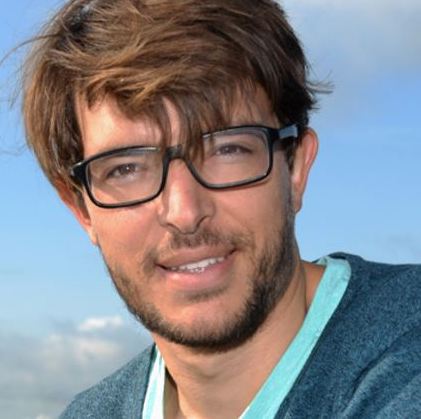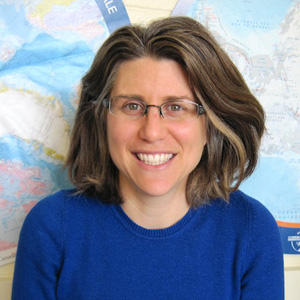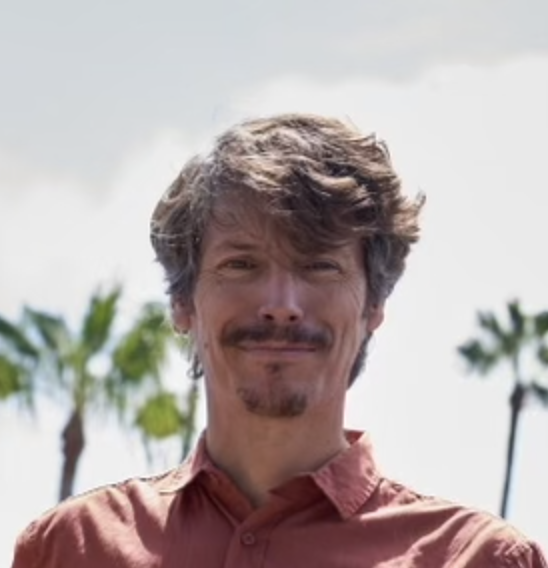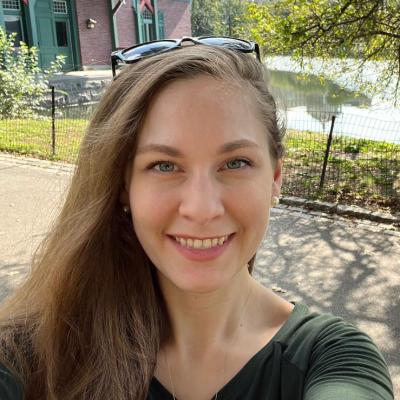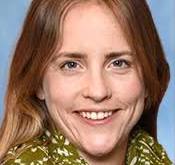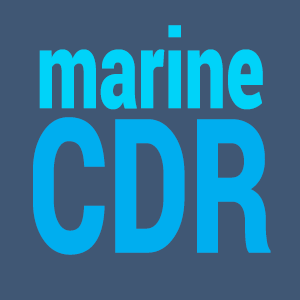
Two linked OCB activities were designed to marshal the ocean biogeochemistry community to bring expertise in ocean carbonate system and marine ecosystem function to set priorities in marine carbon dioxide removal (mCDR): a workshop designed to both educate and challenge our colleagues to engage in mCDR research and a working group to begin setting benchmarks for problem-solving. Overall, the aim of the paired workshop and working group is to move beyond calls for more research that identifies unknowns, and transition to solutions-based blueprints and best practices to resolve key issues. One benefit will be a networked international community of practice that can work together to address important interdisciplinary questions in CDR research. Second, this community should go beyond scientific researchers, to include agency and governance voices from the beginning. Ultimately, our research outputs should inform evidence-based decision making, so it will be essential to understand decision points and needs to scale research projects. Including those voices and needs from the outset will help the OCB community accelerate the transition of scientific research to public benefit, an especially important factor given the urgency of this problem.
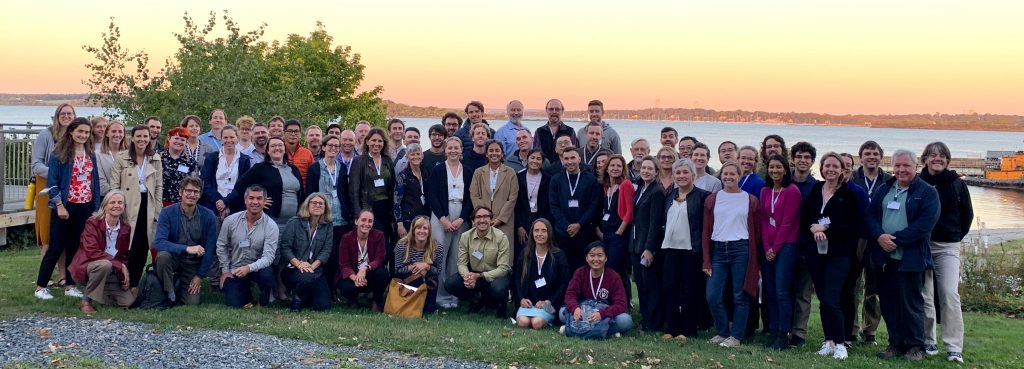
A community workshop on mCDR was held September 27-30, 2022 at the Univ. Rhode Island (Palter et al., 2023, workshop recordings and workshop follow-up webinar). A key follow-on from the workshop was the development of a working group focused on mCDR. The working group consists of six core members plus leaders of five regional mCDR nodes in North America, including:
Core working group members - Jessica Cross (PNNL), Jaime Palter (URI), Patrick Rafter (USF), Sarah Cooley (Ocean Conservancy), Ken Buesseler (WHOI), Lennart Bach (Univ. Tasmania, liaison to SOLAS Climate Intervention Team, which is supporting global network of continental-scale mCDR nodes)
Regional node leads (working group members) and co-leads
With the recognition that different places have unique social, economic, and environmental contexts, the OCB mCDR Working Group is steering the spin-up of several regional mCDR nodes around the US to bring an in-person discussion of an mCDR topic(s) to their region. Using a place-based approach, they will facilitate the connection of stakeholders across sectors, disciplines, and career stages. We emphasize that the planning and implementation of the nodes will be open-ended, collaborative, and iterative. To maximize effectiveness, regional nodes will tailor their activities and discussions to their specific regional challenges and stakeholder groups, but the working group will provide a conduit through which regional node leaders can learn from one another and identify synergies. OCB will sponsor one in-person gathering of each regional node and help coordinate virtual meetings leading up to or following the in-person gathering to inform or digest discussion outcomes. The key deliverable of the regional nodes is community building at the local to regional level.

